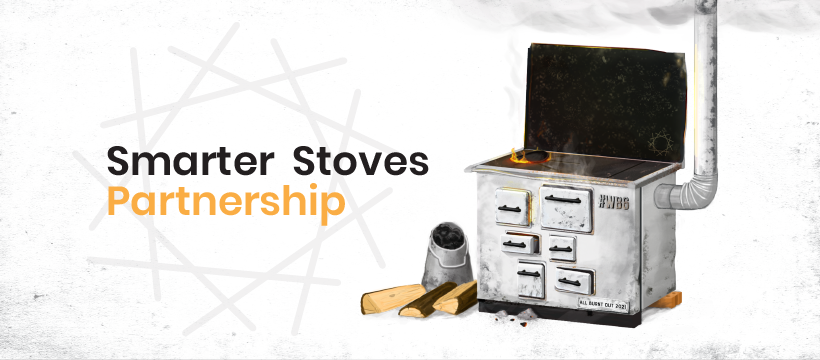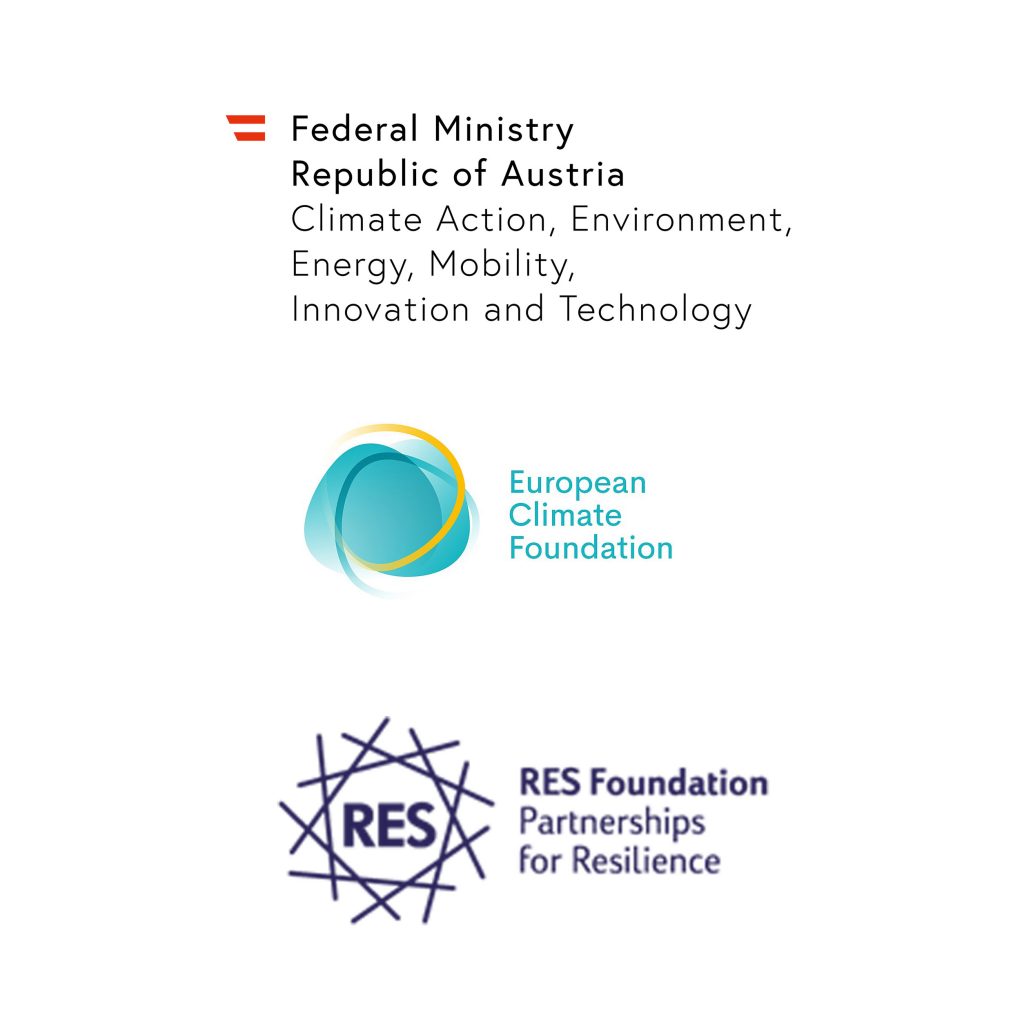January 2021-December 2021
The Smarter Stoves Partnership project contributes to the reduction of CO2 and black carbon emissions from individual devices for residential heating in households across the Western Balkans by establishing the regional platform for the replacement of inefficient stoves and by mobilising decision-makers, international financial institutions and development partners.
Visit the project’s webpage:
smarterstoves.resfoundation.org
In this project, we collect and process information and perform targeted analysis and assessments to enable a variety of alternatives to the current heating practices in the Western Balkans, namely
(A) Technologies, and
(B) Financial and implementation schemes
whilst taking into account the needs of the most vulnerable populations, primarily exposed to energy poverty.
Finally, we are calling our project a
(C) “partnership”
as we recognise that the future change-out scheme will not be successful unless it brings together key stakeholders across some traditional demarcation lines, such are:
i) local, regional, national and international public policy decision-makers;
ii) public sector or government, private sector or businesses; civil society sector or NGOs and financial sector or banks and IFIs;
iii) economy, public finance, energy, environment, social protection and support services for the poor and marginalised, health, housing, and other sectoral policy-makers and related stakeholders;
iv) the six Western Balkans contracting parties to the Energy Community.

We believe that there is space for immediate action to improve the sustainability of heating practices across the region. The coordinated action of numerous stakeholders from different levels is required for success in reducing PM emissions from individual heating in the Western Balkans. Awareness of the issue has grown significantly in the last several months. All stakeholders are by now aware of the challenge. Time is right to engage in consensus building activities enabling the design and implementation of the solutions.
The collection and processing of the valuable data, and performance of targeted analysis and assessments enabling a variety of technologies, financial schemes and alternatives to the current heating practices, taking into account the needs of the most vulnerable population, primarily exposed to energy poverty are necessary steps in the process for the successful battle against air pollution in the Western Balkans.
Furthermore, understanding the heating alternatives from perspectives of their efficiency, environmental standards, lifetime and life cycle costs, levelized costs of heat provided as well as from the perspective of market availability for both technologies and accompanying services is a critical pre-requisite for the accelerated adoption of modern standards.
From the public perspective, it is also critical to understand the implications of massive changeout schemes on employment, security and affordability of energy supply, current account balances and foreign trade balances.
A user perspective is also required, and the fitness of different technologies should also be viewed from the socio-demographic perspective of the region as a whole taking into account differences between individual contracting parties where relevant.
Understanding the building conditions and viewing the technologies from the perspective of building stock is another important factor to understand when making individual or collective decisions on the substitution of the heating device.
Finally, superb and informed communication is required to facilitate the consensus-building process and to advocate among relevant national and regional institutions to recognize the needs and necessities as well as sensibility of the energy poverty issue among the vulnerable groups.


